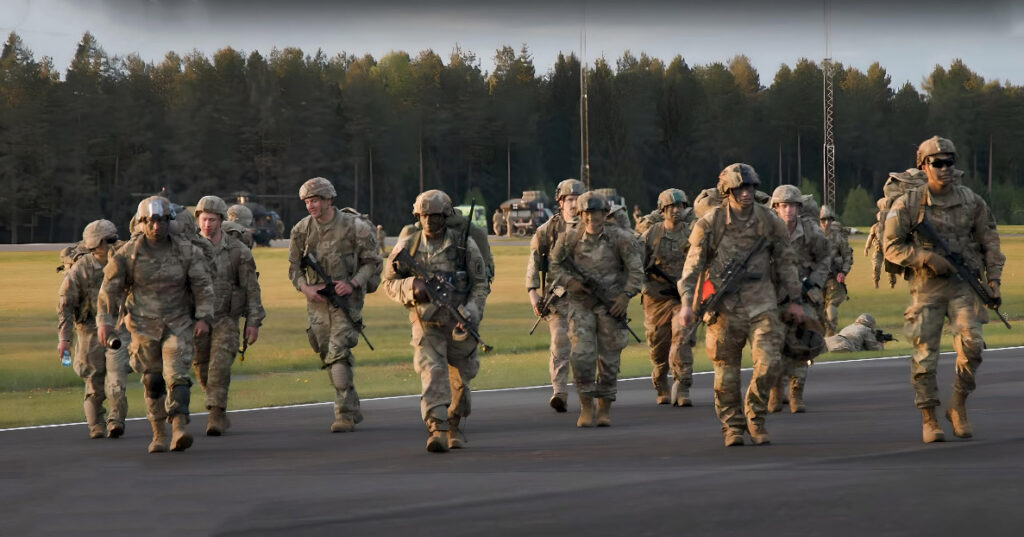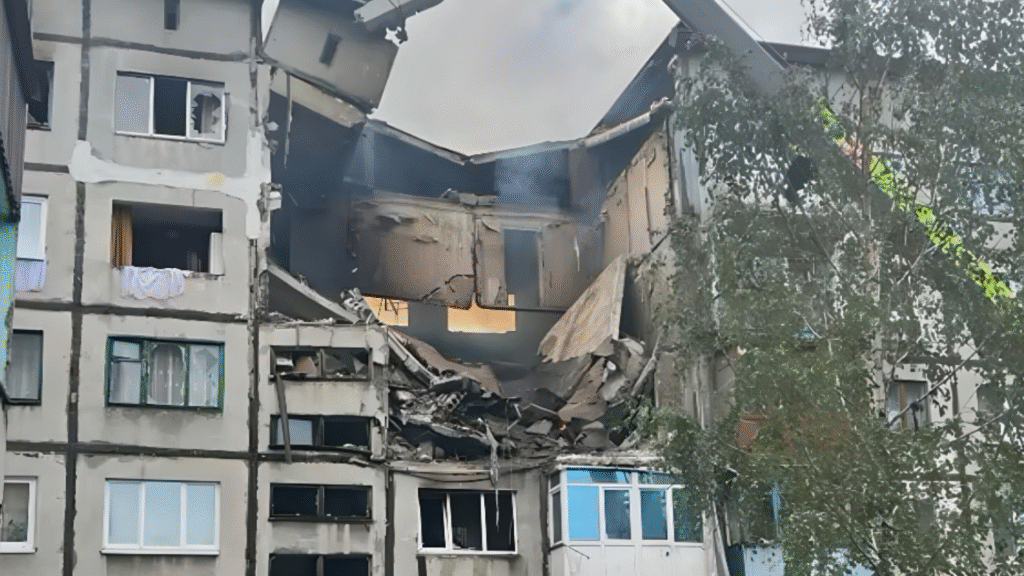London, June 28, 2025 — In the coming weeks, the UK will conduct a large-scale test of its emergency alert system, marking the most prominent reminder in recent years of the growing emphasis on national security. For the first time since 2023, all mobile devices connected to 4G and 5G networks will receive a warning — a 10-second audible alert accompanied by a special message. Though it is only a drill, its implementation reflects a shift in public discourse: the protection of civilians and homeland preparedness is taking center stage.
Such systems have traditionally been associated with natural disaster warnings — hurricanes, floods, or wildfires. However, the current geopolitical climate and the tone of government communications suggest a broader range of potential threats. The international situation remains highly volatile, with the ongoing war in Ukraine, escalating tensions between Iran and Israel, a surge in cyber threats, and increasing strategic rivalry with major global powers — all contributing to new challenges for domestic safety.
According to UK government officials, the emergency alert system is just one element of a broader strategy to safeguard civil infrastructure and enhance public readiness. The upcoming test is not only a technical check but also part of cultivating a culture of preparedness — the ability to respond calmly and effectively to armed attacks, technological accidents, or other emergencies.
The recently published National Security Strategy highlights the urgent need to strengthen “societal resilience” in an increasingly uncertain world. The document emphasizes rapid response, inter-agency coordination, and collaboration between government bodies, businesses, and the general public. Special attention is given to the protection of critical infrastructure, including energy grids, telecommunications networks, and healthcare systems.
In a June 4 interview with iNews, General Sir Richard Barrons, former head of the UK’s Joint Forces Command, remarked: “We are entering an era where the civilian population must once again understand how to react to aerial threats.” He advocated for the introduction of new educational materials modeled on Cold War-era guidance such as the “Protect and Survive” brochures and raised the need for volunteer reserves to support the National Health Service (NHS), noting its vulnerabilities in times of crisis.
The alert set to sound this summer will be impossible to ignore — even if a phone is on silent mode. Users will need to acknowledge the message in order to continue using their devices. Experts say this step is vital not only from a technical standpoint but as a psychological exercise, reminding the public that peace and normalcy can no longer be taken for granted.
While such measures may provoke concern, officials insist this is not panic — it is conscious, proactive preparation. The evolving global landscape demands not just vigilance but adaptability. The alert that will ring out in millions of pockets is less a symbol of fear, and more a sign of determination: to be ready for whatever the future may bring.



